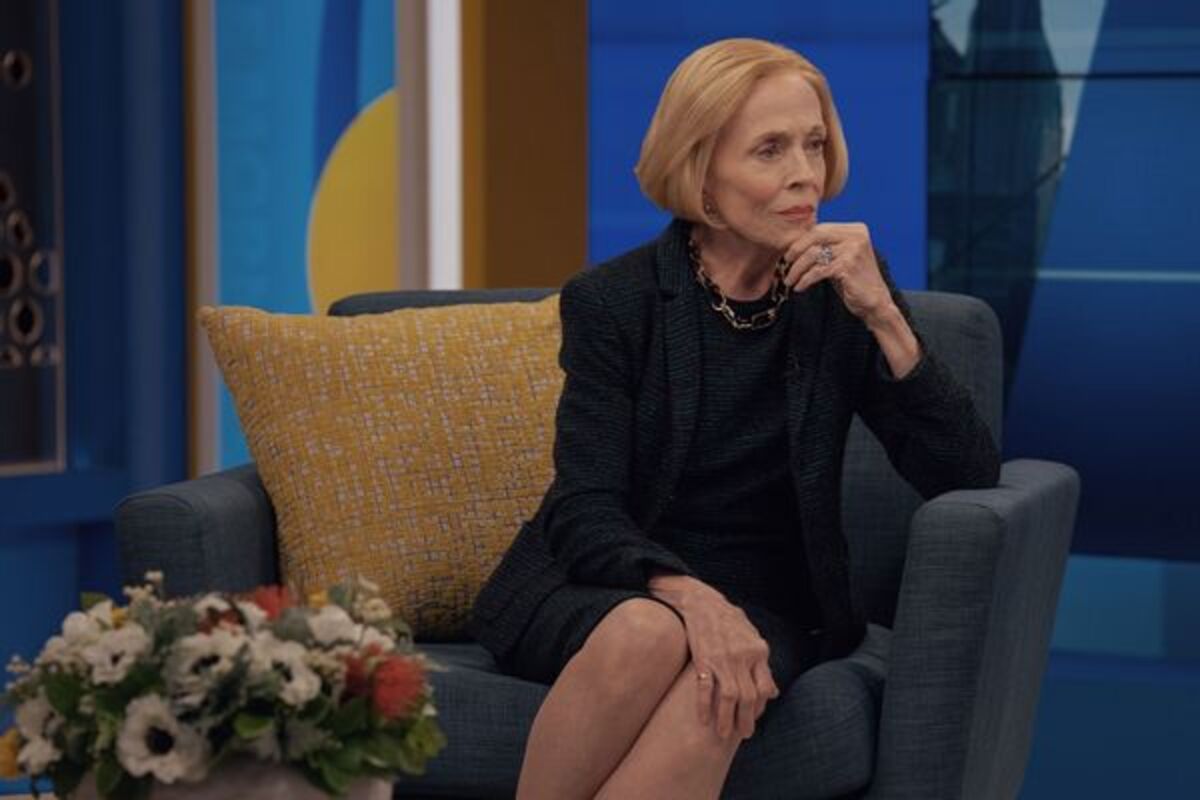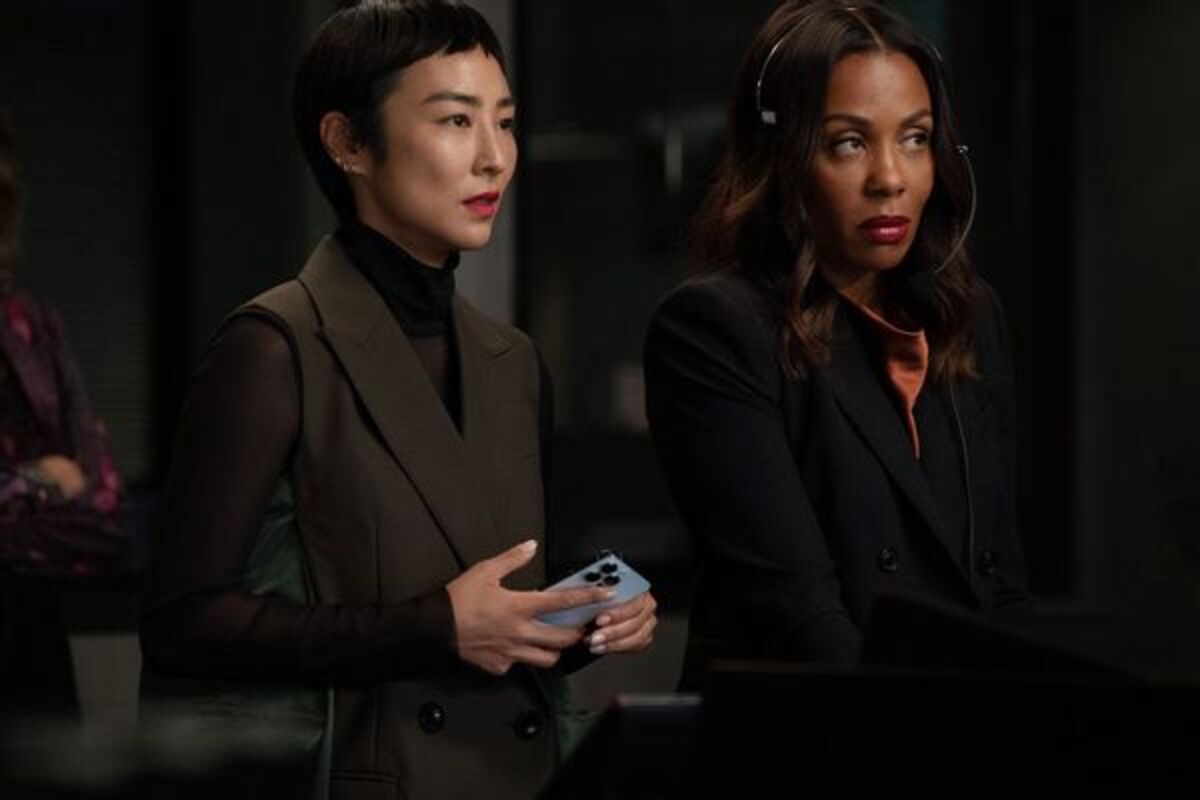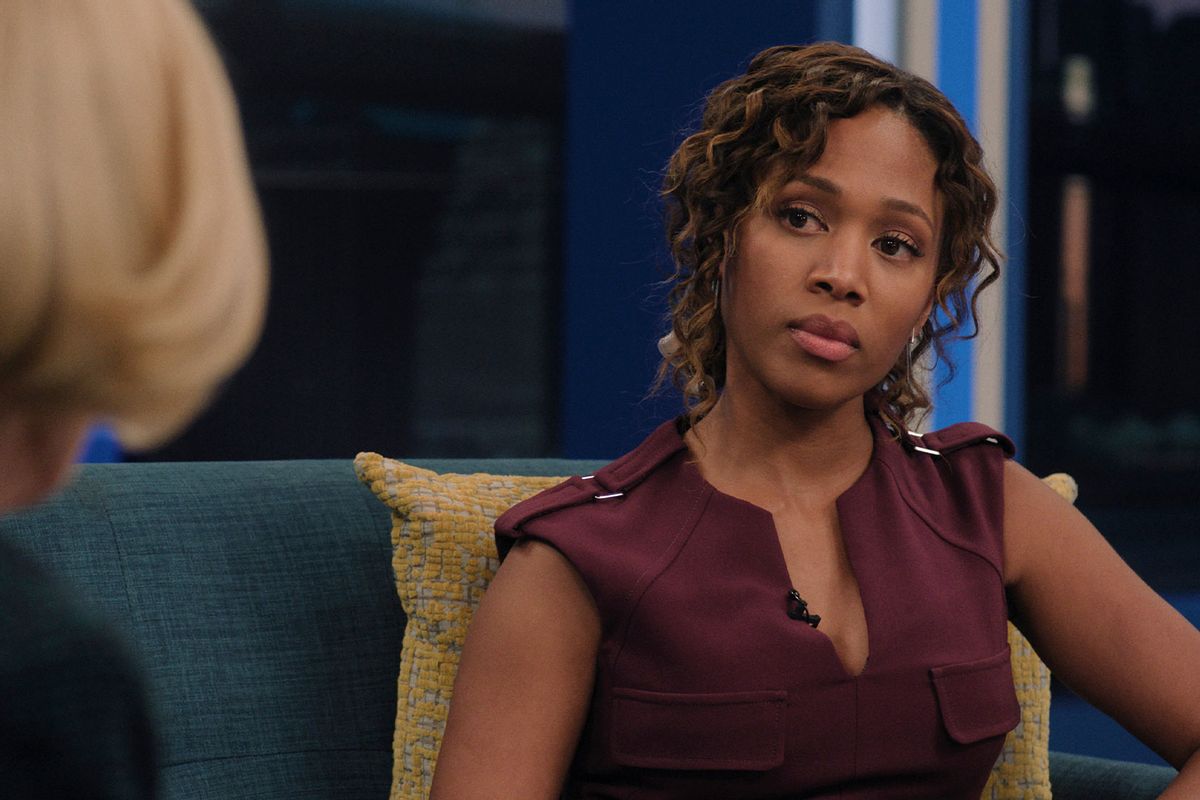In the latest season of “The Morning Show,” Nicole Beharie’s portrayal of morning anchor Christina Hunter shines a spotlight on the harsh realities that journalists of color often encounter in the news business. As someone who recently started their second full-time position at a major metropolitan newspaper, I can personally relate to some of the experiences depicted in this show.
- ‘The Masked Singer’ Reveals Identities of Mantis and Gargoyle: Here’s Who They Are
- Bill Maher Plans to Start HBO’s ‘Real Time’ Without Writers
- Golden Globes Ratings Down More Than 26% From Last NBC Show in 2021
- Danny Bonaduce to Undergo Brain Surgery for Neurological Disorder After Visiting ‘100 Doctors’: ‘I Can’t Walk’
- ‘Gotham Knights’ Canceled at The CW; ‘Superman & Lois,’ ‘All American: Homecoming’ Renewed
My introduction to this unsettling world began when I was handed a computer that had previously belonged to an editor from my prior job. Unbeknownst to me, this editor had left a trail of derogatory emails about my performance, questioning my dedication and competence. This incident served as my rude awakening to the fact that, regardless of our hard work, some corporate decision-makers start with a preconceived bias against journalists of color.
Sadly, this bias often translates into lower pay compared to our white counterparts, accompanied by disparaging comments behind our backs. The third episode of the latest season of “The Morning Show,” titled “White Noise,” strikingly captures this theme. While the show’s plotline involves UBA’s technical difficulties leading to the exposure of sensitive emails, it inadvertently mirrors the real-world struggles faced by Black journalists.
“The Other Black Girl” and Showtime’s “Dreaming Whilst Black” also delve into the inner turmoil experienced by individuals of color in predominantly white workplaces. These series shed light on a perspective that many white individuals may not fully grasp, as it’s a conversation we, as Black professionals, often have among ourselves.
For Black individuals in semi-public positions, there’s an additional layer of psychological vulnerability. It’s not just about questioning our logic or reporting; it’s about being judged based on the color of our skin. People may speculate whether we took our job away from a more deserving white person solely because of our race.
Nicole Beharie’s character, Christina Hunter, enters the world of “The Morning Show” in precisely such a situation. A former Olympic gold medalist turned TV personality, she steps into the role of the morning anchor after Reese Witherspoon’s character, Bradley Jackson, transitions to the evening news. Christina gracefully handles the small snubs and subtle biases directed her way.
see more : Hulk Hogan Marries Sky Daily in Intimate Florida Wedding Ceremony
However, everything changes when UBA’s rival, Eagle News, uncovers a cache of emails, one of which compares Christina to Aunt Jemima, a racially insensitive stereotype. This revelation prompts Christina to do something no journalist should ever have to do – read the comments on an article about herself. The comments reveal that some believe she was hired only because she is Black and that she should stick to her previous career in athletics.

While the racist insult is deeply offensive, what’s more disheartening is the revelation that UBA hired Christina at a lower salary than Bradley Jackson for the same role. Christina, who is popular enough to appear on cereal boxes, rightfully questions this disparity.
The viewers of “White Noise” praised Nicole Beharie’s performance, especially a scene where she wordlessly absorbs hurtful comments from anonymous online users. This raw and honest portrayal is likely rooted in Beharie’s personal experiences, including the challenges she faced during her time on “Sleepy Hollow,” where she was subjected to damaging rumors and a whisper campaign.
Beharie’s portrayal, particularly her interaction with Karen Pittman’s character, Mia Jordan, provides a significant moment in the series. Christina’s statement, “I never doubted my worth. I just didn’t know other people did,” resonates deeply.
While “The Morning Show” addresses issues of race and discrimination within the storyline, it is not immune to criticism for sidelining Black and brown characters. Often, non-white characters are only featured prominently in crisis or distressing subplots. This marginalization reflects the real-world experiences of journalists of color who must often work harder than their white counterparts to advance in their careers.

In this episode, viewers also catch a glimpse of Christina’s home life, adding depth to her character. However, three seasons into the series, Mia is still seen waking up in her office, highlighting a broader issue of character development.
“The Morning Show” tackles the complexities of Mia’s character, illustrating her dedication to supporting Black talent and staff within the network. “White Noise” emphasizes how thankless this effort can be in an environment where racial divisions are exploited and where employees of color are systematically devalued.
see more : ‘The Bachelor’ Season 27 Finale: Is Zach Shallcross Engaged to Gabi or Kaity? (SPOILERS)
The episode delves into the impressions that co-workers and the public hold about Black professionals stepping into roles previously held by white individuals. This added layer of doubt can impact even the most confident individuals. As Christina mentions, suing for discrimination can label you forever, despite the existence of a legitimate case.
However, unlike reality, Christina’s character receives an apology and compensation, though she aptly describes it as “ho money.” The show also reveals that UBA’s support staff faces similar issues of being underpaid.
To quell a brewing mutiny, Mia and news division president Stella Bak call an all-hands meeting that takes a disastrous turn. When one staffer points out that two senior executives, Cory Ellison and Cybil, didn’t attend because they expected everyone to remain silent, the conversation veers into an “All Lives Matter” argument, effectively shutting down the discussion about racial discrimination.
The episode stands out for its accuracy and clarity in portraying corporate diversity issues, offering a glimpse behind the curtain of empty diversity claims. It highlights the toll such an environment can take on marginalized individuals. The cathartic resolution of the episode, where Christina confronts Cybil, is particularly empowering. Cybil’s admission to systemic devaluation of employees of color is a pivotal moment.
In the end, “White Noise” serves as a powerful commentary on the challenges faced by journalists of color in newsrooms and the importance of confronting racism and discrimination in the workplace. “The Morning Show” should be commended for addressing these crucial issues within its storyline.
As viewers, we are left with a sense of hope that change is possible, but it requires individuals like Christina Hunter to step forward and demand justice. The episode reminds us that the fight against institutional racism continues, and we must remain vigilant in our pursuit of equality.
In conclusion, “The Morning Show” continues to tackle relevant social issues, and “White Noise” is a testament to its ability to spark important conversations about race and discrimination in the news industry. The show, through the character of Christina Hunter, invites us to reflect on our own workplaces and consider the changes needed to ensure equity and fairness for all.
Source: https://dominioncinemas.net
Category: TV News










